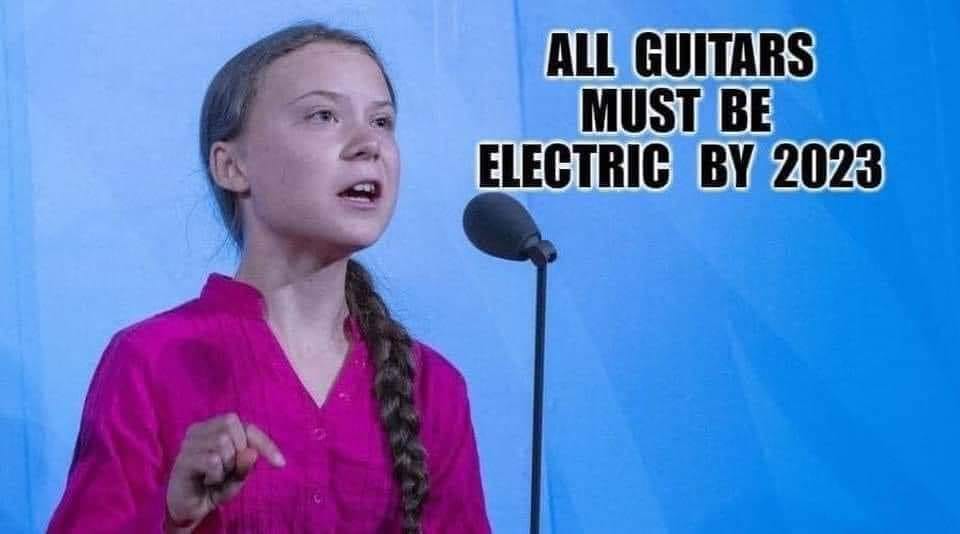Paul Denlinger's answer on Quora:
In the US there are many opinions about exactly what is investment, but I will try to give some examples.
In a developing economy with undeveloped infrastructure, it is very important. Basically, investment is the money spent which will create jobs and add to the country's GNP (gross national product). I am most familiar with China, and when China opened up for reforms in 1978, the country was, for all practical purposes, bankrupt. Fortunately, many ethnic Chinese business people from Hong Kong and Taiwan invested in factories to make light goods for export. In the beginning this was not much, but as workers saved more money, they were gradually able to buy more for themselves and their families. This led to a virtuous cycle and over 30 years, the standard of living for almost all Chinese has dramatically increased.
The opposite of investment is consumerism, where money is spent, but does not add value for anyone, or increase GNP. The classic example for mindless consumerism is the US. This is because not only have people spent money to buy things which don't add value, they have actually borrowed money to do it. This adds to the costs of money because they need to pay interest for the use of the money. No wonder the US middle class (or what is left of it) is in such a pickle!
In the US's case, investment involves spending money on those things which will enhance the US's competitiveness in the global economy. If you look at it in those terms, spending on foreign wars, a grossly over-expensive and broken healthcare system which coddles the healthcare providers and insurance companies at the cost of most Americans doesn't make sense. The list goes on and on. Every time I look at the spending choices Americans make on the individual, city, county, state, and national level, I just end up shaking my head.
Another way of defining investment is "What will add to the value of a person, city, county, state or nation over a period of time?" Frequently this means deferring immediate pleasure, but realizing the added value later. The biggest enemy of investment is time because in a democratic society, people want results NOW. Most good investment decisions don't realize high returns immediately. An example: if Warren Buffett had to listen to his investors in his early years, most likely he would not have made the high returns he is now famous for. This is a basic failing of most democracies.
To get back to answering this question, investment is absolutely essential to an economy, regardless what stage of development it is at, esp if it is going to be competitive on an ongoing basis. Many western govts, with the help of investment banks, have gone deeply into debt in order to win voters, but have ended up cutting needed investment for their own economies.
Now, they are waking up and paying the price. This cost comes in the form of money paid over to the investment banks in the form of interest; this is money which rightly should go to future generations so that the economy can become more competitive in a global economy.
What a mess!












